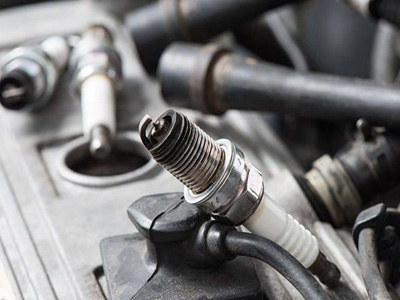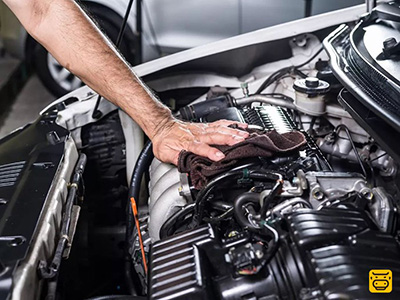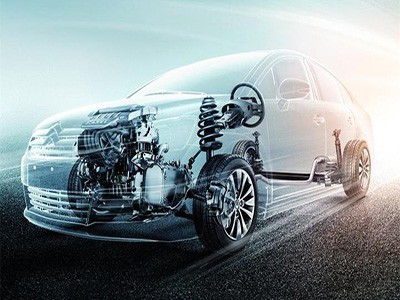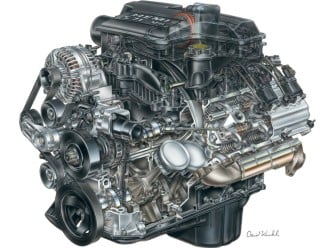The car may shake suddenly during driving. Although sometimes the duration is not long, it must not be ignored. "Body shakes" itself is an obvious signal of car failure. If the cause of the failure is not found in time, the minor problem may be further aggravated. All-cause serious injury to auto mobile and personal safety. So, what are the common causes of body vibration failures?

As a part of the car that is in direct contact with the ground, it works with the car suspension to buffer the impact of the car when it is driving, so when there are some problems with the tires, it will cause the body to shake. The first is that the balance of the tires is not good. At this time, the owner needs to do a dynamic balance check as soon as possible. If there is a sign of the car running off, then it is necessary to do the next four-wheel alignment. Furthermore, the deformation of the wheel hub is also a possible reason, which is generally seen on cars with a long service life or a long parking time. When the wheel hub is not a very standard round shape, it will vibrate when running and it is continuous Generally, when the car is replaced with new tires and new wheels, a dynamic balance check must be carried out to prevent the steering wheel from shaking when the tire counterweight is unbalanced.

- Serious carbon deposits in the engine
After the vehicle has been used for 3 or 5 years, the engine will produce different degrees of carbon deposits. For a car that has been used for a certain period of time, the most common causes of body vibration are dirty throttle valves and carbon deposits in the fuel injectors. After the car is cold started, the gasoline sprayed by the fuel injector will be absorbed by carbon deposits, resulting in a reduction in the gasoline content in the mixed oil and gas in the cylinder, making it difficult to start the car and shaking at idle.

- Spark plug carbon deposits
The spark plug is the part responsible for the ignition of the engine. It is a precision part. During use, due to insufficient fuel combustion, the spark plug will also deposit carbon. Of course, the carbon deposit on the spark plug will affect the ignition quality, causing problems such as difficulty in starting the engine, poor acceleration, and increased fuel consumption. Experienced car owners will handle carbon-deposited spark plugs by themselves, but because the ignition gap and angle of spark plugs are very important, it is not recommended for unfamiliar car owners to repair them by themselves. If carbon deposits are serious, spark plugs can be replaced directly.












